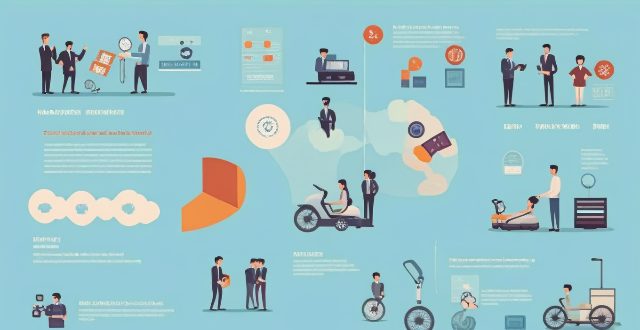Procrastination negatively impacts productivity by leading to decreased efficiency, increased stress levels, poor quality work, and missed opportunities. To combat procrastination, individuals should set clear goals, prioritize tasks, break down larger tasks into smaller chunks, eliminate distractions, use time management techniques, and hold themselves accountable. Implementing these strategies can help improve productivity and achieve long-term success.

The Impact of Procrastination on Productivity
Procrastination is the act of delaying or postponing tasks, often to the point where it has a negative impact on productivity. When individuals procrastinate, they tend to put off important tasks until the last minute, which can lead to rushed work, decreased quality, and missed deadlines. This can have a significant impact on both personal and professional productivity.
Effects of Procrastination on Productivity:
- Decreased Efficiency: Procrastination leads to inefficient use of time as individuals spend more time than necessary on tasks due to rushing at the last minute.
- Increased Stress Levels: Delaying tasks until the last minute can cause stress and anxiety, which can further decrease productivity.
- Poor Quality Work: Rushed work often results in lower quality output, which can negatively impact job performance and reputation.
- Missed Opportunities: Procrastination can lead to missed deadlines or opportunities for advancement, which can limit career growth and success.
How to Avoid Procrastination:
To avoid procrastination and improve productivity, there are several strategies that individuals can employ:
1. Set Clear Goals and Prioritize Tasks:
- Establish Clear Objectives: Having clear goals helps individuals stay focused and motivated throughout the task completion process.
- Prioritize Tasks: Prioritizing tasks based on urgency and importance ensures that critical tasks are completed first, reducing the likelihood of procrastination.
2. Break Down Tasks into Smaller Chunks:
- Divide Larger Tasks: Breaking down larger tasks into smaller, manageable chunks makes them less overwhelming and easier to tackle.
- Set Realistic Timelines: Assign realistic timelines to each smaller task to ensure progress is made steadily without feeling rushed.
3. Eliminate Distractions:
- Create a Distraction-Free Environment: Remove distractions such as social media, email notifications, or noisy surroundings to create a conducive environment for focus and productivity.
- Use Tools to Block Distractions: Utilize apps or software that block distracting websites or notifications during designated work hours.
4. Use Time Management Techniques:
- Implement Time Management Strategies: Techniques like the Pomodoro Technique (25 minutes of focused work followed by a 5-minute break) can help maintain focus and prevent burnout.
- Schedule Breaks: Taking regular breaks helps recharge mental energy and prevent fatigue, allowing for more productive work sessions.
5. Hold Yourself Accountable:
- Track Progress: Keep track of your progress by using tools like task lists or project management software to monitor completion rates and stay accountable.
- Seek Support from Others: Share your goals with friends, family, or colleagues who can provide support and encouragement throughout the process.
By implementing these strategies, individuals can effectively combat procrastination and enhance their overall productivity. It's essential to recognize the detrimental effects of procrastination on productivity and take proactive steps to overcome this habit for long-term success.